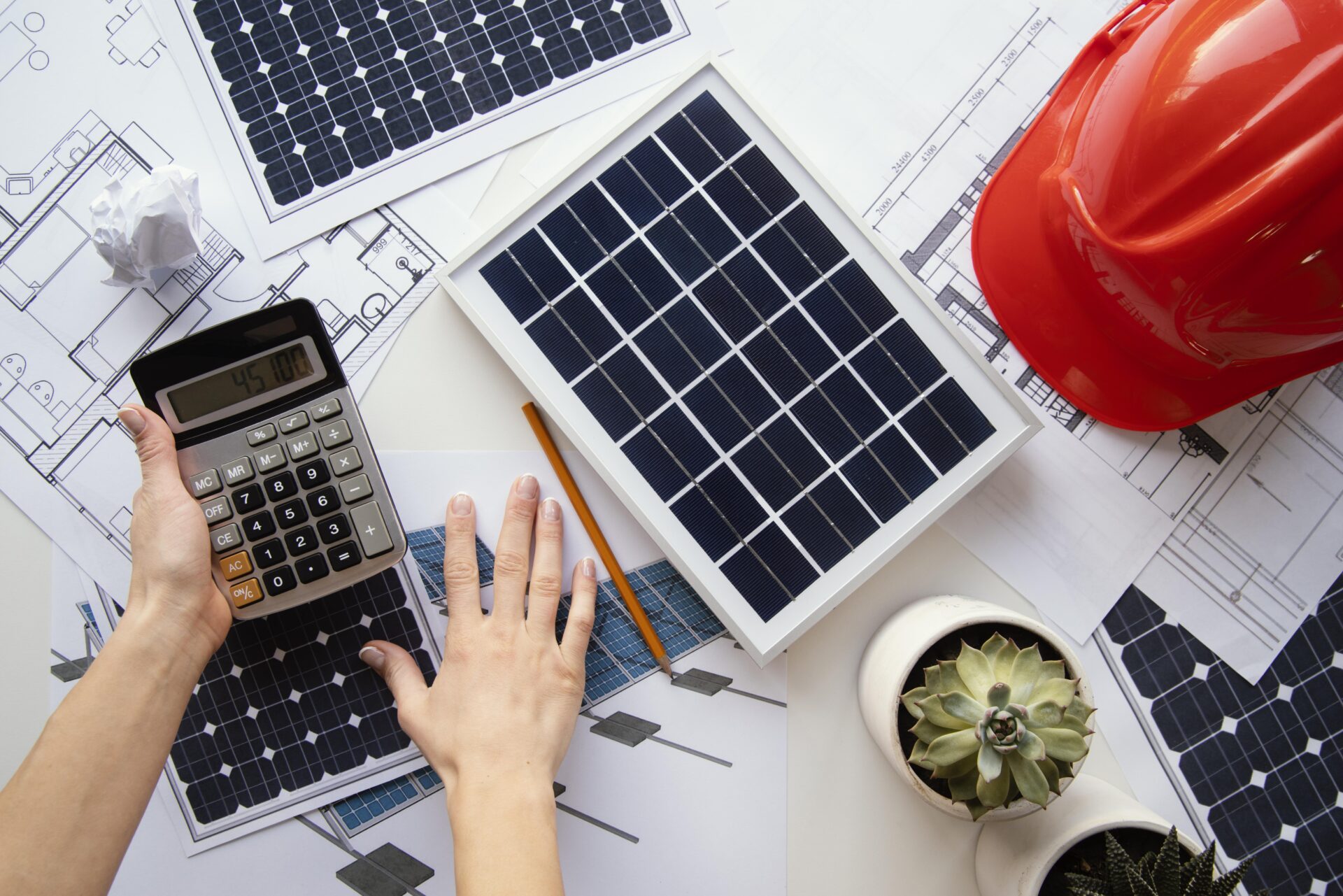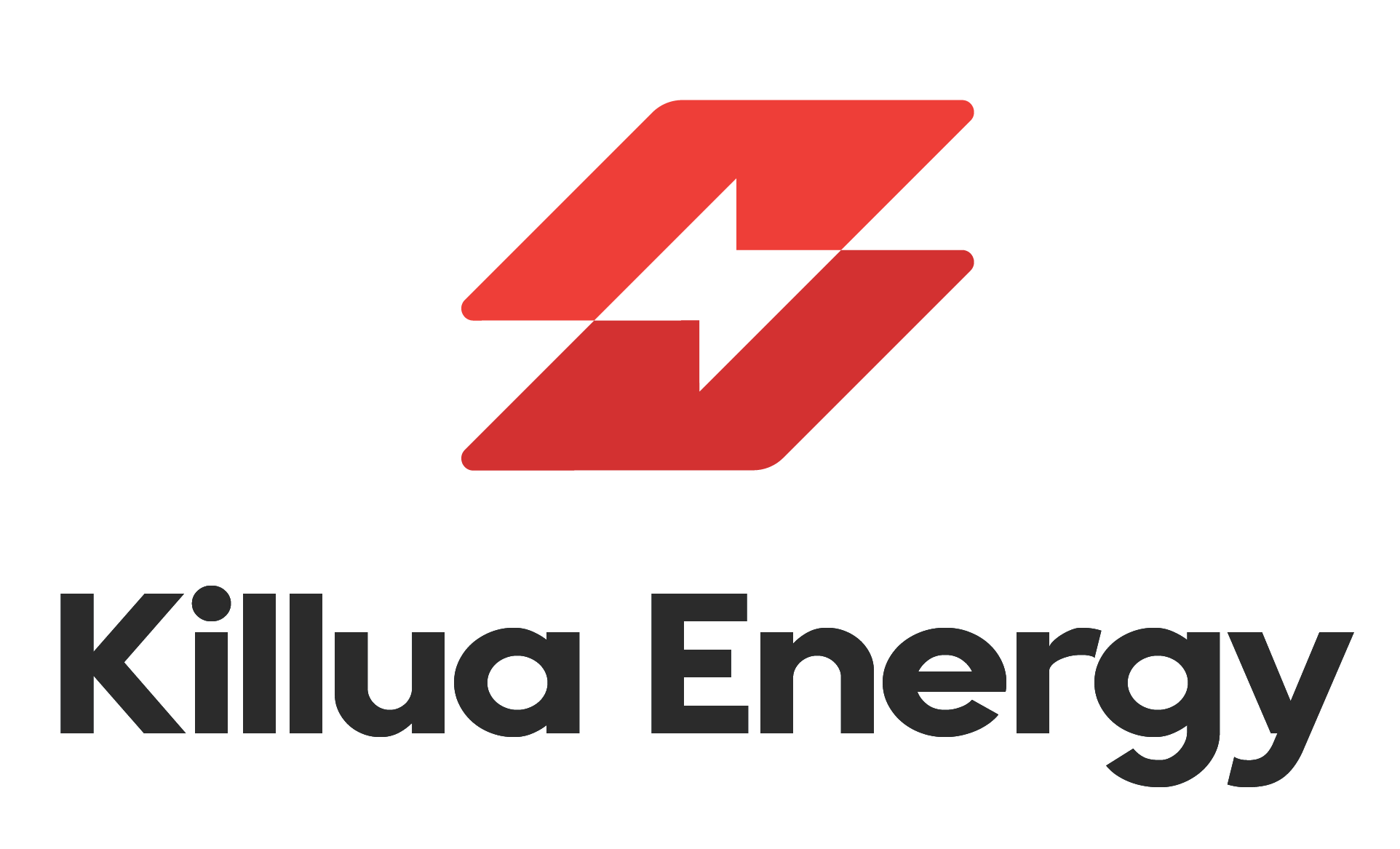
CASH PURCHASE
Whenever possible and suitable for the owner, cash is typically the best financing option for companies looking to reap the benefits of federal and state solar incentives and accelerated depreciation. As part of the Inflation Reduction Act passed in 2022, the 30% solar tax credit was reinstated and extended through 2032. This gives businesses a lucrative incentive to go solar and offsets nearly one-third of the system cost.
Although there aren't many downsides to a cash purchase, the biggest con would be access to capital. Not every company has the required money to make a full cash purchase, but it's possible to combine cash with a loan or lease to maximize the ROI on your commercial solar investment.
Low-interest loans or lines of credit with an existing banking relationship generally offer the fastest and most lucrative return outside of an all-cash purchase. In general, it’s typically recommended to finance only the necessary portion of the net cost after incentives are applied to achieve the best payback.
COMMERCIAL FINANCING OPTIONS
The future of solar is bright for businesses that choose to switch to solar power. Our commercial team at Killua Energy has developed a deep understanding of the commercial financing options available and will help match your organization with the option that best suits your needs.
Traditional Financing / Loan
With the Inflation Reduction Act putting more renewable energy projects on the map, more developers are trying to take advantage of the various commercial solar financing options. Solar loans are used for developers to pay the upfront costs of a solar development project, such as a down payment on a commercial property. Each loan has a varying interest rate, and credit or the property can be used as collateral to obtain these loans. These loans are great options for large developers who can reap the benefits of Federal Solar Investment Tax Credit (ITC) and MACRS Depreciation where they will see a return on these funds. Large companies can combine these loans with cash to cover costs and see a favorable return on investment for their project.
Capital Lease
This is a lease agreement in which the lessor agrees to transfer the ownership rights to the lessee after the completion of the lease period (typically $1 buyout). This can be beneficial and allows the lessee to take advantage of tax benefits such as the 30% ITC and Depreciation.
A capital lease is treated like owning an asset. An operating lease is an expense that remains off the balance sheet. One way to think of it is owning vs renting a piece of equipment. A capital lease is owning the equipment and an operating lease is like renting the equipment from a tax perspective.
Solar PV Power Purchase Agreements (PPA)
A solar power purchase agreement (PPA) allows the building owner or non-profit/house of worship to pay for solar per kilowatt hour, like how they pay a utility bill. A third-party financing company pays for – and owns – the actual system which is put on your business’s property. They pay for the installation, operation, and maintenance of the system. They sell the power generated by the system back to you at a fixed rate, usually lower than the rate offered by the local utility. You lock in this rate for the duration of the agreement, usually 15-25 years. Your monthly payments are based on the energy the system produces. The PPA company receives tax credits and incentives from the installation of the system. At the end of the term of the contract, you may be able to extend the agreement, purchase the system, or have the developer remove it. With a PPA, you will receive two bills. The first is from the utility for the balance of the energy costs. It will reflect the credits you receive when you overproduce electricity, demand charges, and any ancillary fees. The second is from the financing company. It will reflect the cost per kilowatt for the energy that is generated by the solar system.
Property Assessed Clean Energy Financing (PACE)
PACE is an innovative program that makes it possible for owners of commercial and industrial properties to obtain low-cost, long-term financing for renewable energy projects. Many businesses are eligible for a Property Assessed Clean Energy (PACE) Loan. PACE loans are authorized by state and local governments to fund the program by issuing a bond on the property. These loans are then qualified as tax liens and do not show as debt on the balance sheet. The term of PACE financing may extend up to 30 years, resulting in utility and other cost savings that exceed the amount of the assessment payment. Beyond the lack of debt on the balance sheet, there is no personal or corporate guarantee needed, no down payment, and there is a fixed payment over the term of the loan. In addition, there is no mortgage lien – which allows a business to still borrow against the property.
Operating Lease
A commercial solar operating lease is an agreement between a business and a solar installation company in which the solar company agrees to install, maintain, and own a solar energy system on the business’s property. The business then pays a monthly fee to the solar company for the use of the system. The lease term is typically 15-20 years, after which the lessee has the option to purchase the solar panels or have them removed. Operating leases are usually structured so that the monthly payments are equal to or greater than the savings generated by the system. This allows businesses to take advantage of solar energy without any upfront costs or long-term commitments.
Prepaid Solar PV Power Purchase Agreements (Prepaid PPA)
A prepaid PPA is very similar to purchasing your solar panel system. In a prepaid solar PPA, you pay for 100% of the future power upfront when you sign the contract and do not have to pay anything for the duration of the agreement. Because you prepay, the Tax Equity Investor assumes no risk, and they are generally willing to adjust the PPA terms that are favorable to you.
Capital Solar Leases versus Solar Operating Leases
Solar Leases can be complex to navigate and are often misunderstood. If you are a business or farm looking to understand more about leasing, here is what you need to know. There are two types of leases for solar energy - Capital Leases and Operating Leases. They function very differently and understanding your financial situation is important when choosing which one will work best for you. Here's a look at how the two options compare.
Capital Lease
With a capital lease, the lessee is able to capitalize on all the tax and depreciation benefits that come with solar. However, the monthly payments are typically higher than an operating lease option. At the end of the lease term, the lessee has the option to buy the system from the bank.
Operating Lease
With an operating lease, the Lessor owns the solar system, and the Lessee makes a monthly payment to the Lessor. In this scenario, the Federal Tax Credit would go to the Lessor. This lease option is best for a business that cannot utilize the tax and depreciation benefits that come with a solar system. The Lessee can decide to purchase the solar system or renew the lease terms when the operating lease expires.
A capital lease is treated like owning an asset. An operating lease is an expense that remains off the balance sheet. One way to think of it is owning vs renting a piece of equipment. A capital lease is owning the equipment and an operating lease is like renting the equipment from a tax perspective. Typically, at the end of the life of an operating lease, ownership will transfer to the Lessee.
THIRD-PARTY FINANCING
POLICY DESCRIPTION:
Traditional purchases of solar systems require large up-front expenditures. Any incentives for such purchases are frequently tax credits, an incentive that is not captured until taxes are submitted – and then only if the customer has sufficient tax liability. Third-party ownership attempts to address affordability by allowing a system to be purchased by a third party with the generation sold over time to the customer – offsetting the power purchased from a utility. By doing this, the third party can monetize the tax credits, capitalize on commercial benefits like depreciation, and take advantage of large-scale financing at low rates to procure systems at a very low cost – passing on the savings to the consumer in the form of low price per kilowatt hour (kWh) rates that are comparable, and often lower, than established utility rates. Third-party financing has proven very popular with customers in the states that have implemented these policies. For more information, see the full policy brief.
What does a solar lease/solar PPA agreement look like?
Solar lease agreements and PPA agreements look more complicated than a solar loan or cash purchase because of the additional terms included. However, they generally come with some flexibility in terms should your circumstances change.
